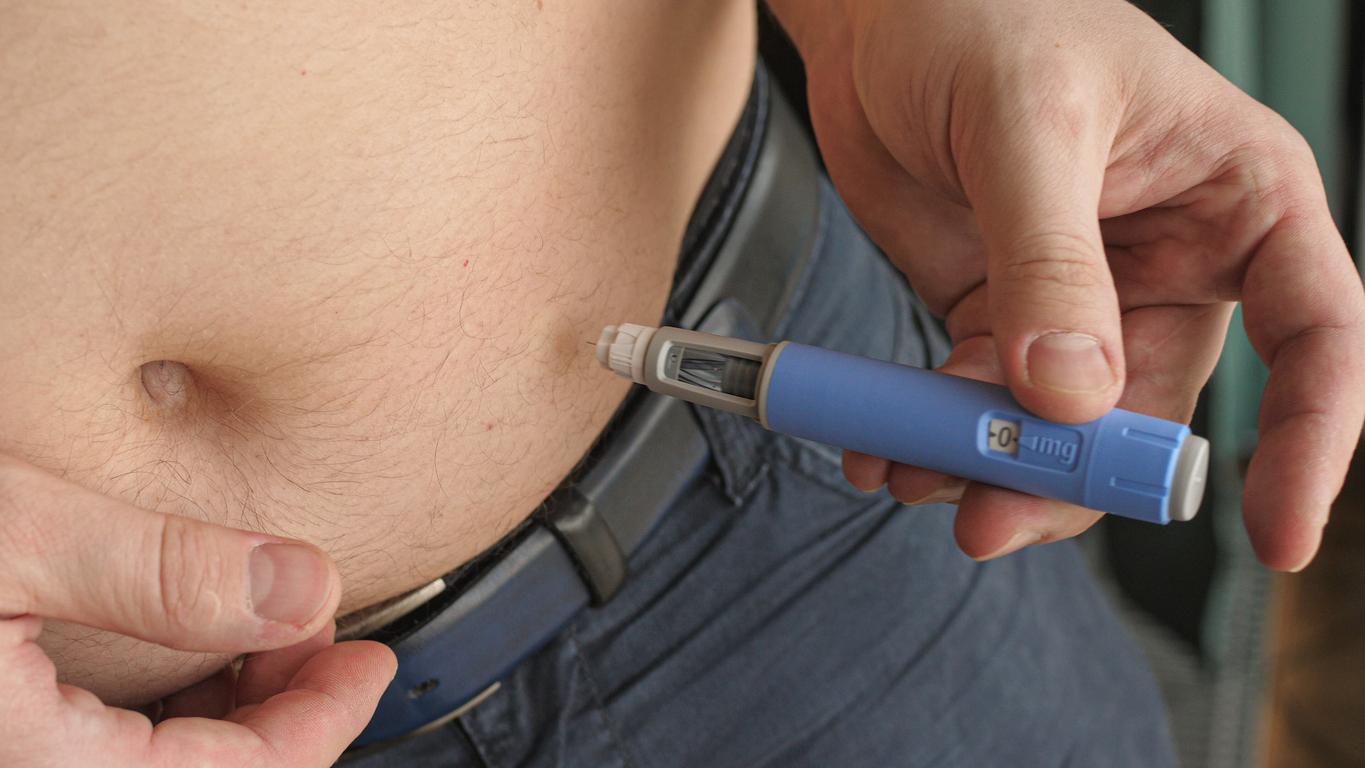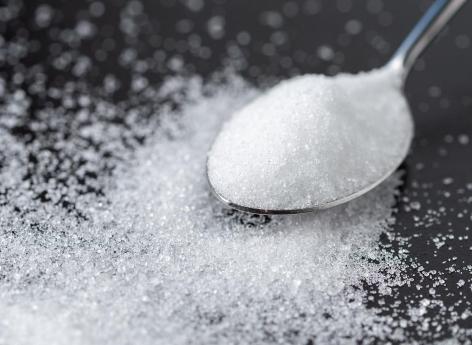
It seems like a logical step if you’re watching the pounds or maybe even want to lose a few pounds: replace sugar for sweetener. For example, a fifth of people use a sweetener instead of sugar in their coffee. But does that help with weight loss?
Our need for sweetness is human. But consciously and unconsciously we ingest much more sugar than we think. For example, sugar is found in many processed products and the supermarket is full of sugary drinks. By replacing the sugar with artificial sweeteners you still satisfy your need for sweetness, but without the calories. A great solution if you want to lose weight. However?
In principle, replacing sugar with sweeteners is a good idea if you want to consume fewer calories. For example, scientific studies show that you lose weight when you switch sugary drinks for diet drinks. But that’s only about one kilo. It also helps if you also replace the sugar cube in the tea and coffee with a sweetener. But if you want to lose weight, you will also have to make other adjustments in your lifestyle. Ready-made meals often contain a lot of sugars. It is wiser for your line not to use them. If you want something prepackaged from the supermarket, it certainly doesn’t hurt to choose products in which the sugar has been replaced by sweeteners. You will then consume fewer calories. Keep in mind that these types of foods often contain more salt. And that’s not good for your kidneys.
In addition to taking fewer calories, try to exercise more. Because it’s really simple: if you burn more than you take in, you lose weight.
Sweeteners fit into a ketogenic diet
Low calorie or intensive sweeteners are not carbohydrates. They therefore do not count towards the carbohydrates. A low-calorie sweetener in powder form does contain a small amount of carbohydrates, 0.5 grams per teaspoon of sweetener. This is so little that a low-calorie sweetener fits into a low-carbohydrate diet.
You should be careful when you sweeten your food or drink with something from the sweetener group polyols. These are a type of carbohydrate. You need more polyols than intensive sweeteners to achieve the same sweet taste. If you eat low-carb or low-carb, it is therefore wise to look at the amount of polyols you use.
Switch and still arrive
Some people swear off sugar as much as possible and still manage to gain weight. This is because of something they call ‘compensatory urges’: due to a lack of knowledge, many people overestimate the health benefits of light products or foods with sweeteners. When they see ‘fewer kilocalories’ or ‘less fat’ on the packaging of a product, they expect it to contain drastically fewer kilocalories. This makes them eat and/or drink more. In 2006, the National Institute for Public Health and the Environment provided insight into the compensatory behavior of Dutch light product users. They concluded that unhealthy light products, including soft and fruit drinks and crisps, were used in the wrong way. Compensatory behavior leads to you gaining weight instead of losing weight.
Link to overweight
There are also people who say that the sweeteners themselves actually make you fatter. Studies in which people who use products with sweeteners in daily life are compared with people who do not show mixed pictures. Sometimes it turns out that people who use sweeteners have a higher weight than people who don’t. But that does not mean that sweeteners cause obesity. A possible explanation is that overweight people use sweeteners precisely because they want to watch their weight. Or that people who use sweeteners have different lifestyles that contribute to weight gain.

















